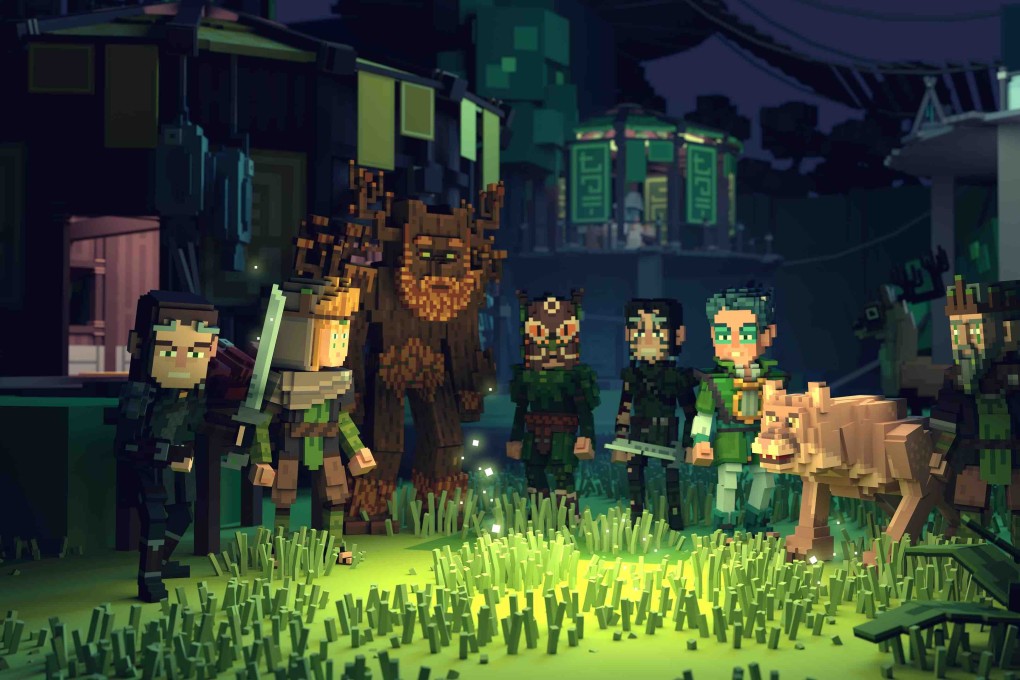Big blockchain advocates in Hong Kong, like Animoca Brands, continue to see a crypto future despite market downturn
- Animoca Brands is one of the most active investors in the NFT space globally, boasting a portfolio of more than 200 companies and projects
- Founder Yat Siu expects the current mindset to change when more goods and services are transacted ‘natively’ with cryptocurrencies

Big Hong Kong backers of cryptocurrencies and non-fungible tokens (NFTs) are continuing to push for a technological future founded on blockchain-based digital assets, despite a market meltdown earlier this month that wiped billions of dollars of market value from popular tokens and inflicted heavy losses on investors.
“I see volatility as maybe one of many excuses, if you want to call it that, to not join [crypto],” Yat Siu, co-founder and executive chairman of blockchain gaming company Animoca Brands, said in an interview with the Post last week.
Hong Kong’s Animoca Brands is one of the most active investors in the NFT space globally, boasting a portfolio of more than 200 companies and projects, including marketplace OpenSea and play-to-earn game Axie Infinity. It is also the operator of blockchain game platform The Sandbox, and a partner of Bored Ape Yacht Club creator Yuga Labs in developing their upcoming game Otherside.
It also operates cryptocurrencies including the Sand token, which can be used for transactions in The Sandbox, and Revv token, used in its motorsport games. The price of Sand tokens shrank from its peak of around US$8 in November to around US$1.3 this week, whereas Revv lingers below US$0.1 after briefly reaching US$0.4 in November.
Animoca Brands’ tokens are among many that have slipped in market value amid what has been dubbed another “crypto winter”, following a global cryptocurrency market meltdown earlier this month, mostly driven by the collapse of stablecoin TerraUSD, or UST, and its sister token Luna.
In a Terra Luna community page on social platform Reddit, some users wrote that they had lost all their life savings, and group moderators posted helpline numbers. More than US$200 billion of cryptocurrency market value evaporated in a day in May as shock waves spread across the industry, with some of the biggest cryptocurrencies continuing to tumble in value throughout the month.
This week, Bitcoin is sitting at around US$23,000 after cruising above US$30,000 for most of this year. Ether remains below US$2,000 after hitting a peak in November above US$4,800.